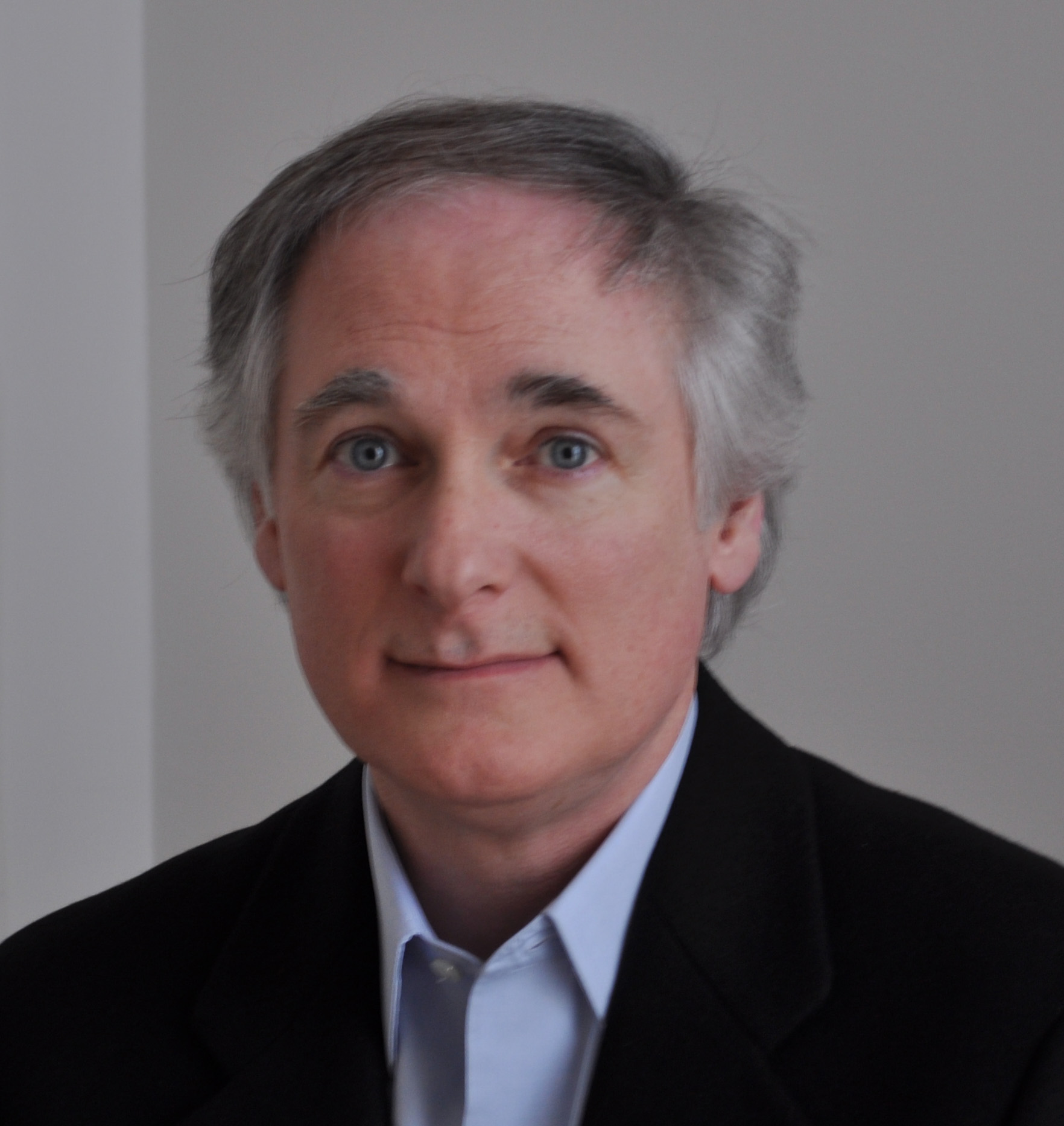
Negotiating Identities, Constructing Territories: Pre-Roman Iberia, 900-200 BCE
From the ninth century BCE the long coasts and fertile valleys of Iberia were tapped by Phoenician and Greek merchants and settlers coming from the eastern Mediterranean. An extended international network was slowly created, which also attracted the participation of Etruscans, Sardinians, Cypriots, and others. Iberia is a perfect laboratory for the study of these economic, cultural, and environmental horizons before the Mediterranean was politically connected under Rome. The ongoing interrogation of how these diverse groups first knitted an interconnected space is key to understanding the later Mediterranean of Classical and Roman periods in its true cultural depth. In 2003 Dietler and C. López-Ruiz organized a conference on this very topic at the UChicago, which resulted in the edited volume Colonial Encounters in Ancient Iberia: Greek, Phoenician, and Indigenous Relations (2009). Following two decades of intensive research stimulated in part by the questions raised at that conference, some of the same and additional experts in the key areas will meet in Chicago and be part of a new curated volume. Shifting the focus from colonial dynamics to the negotiation and construction of identities and territories, as well as new understanding of past environmental challenges, this project will bring novel data and perspectives to an international audience.
Biography
Michael Dietler is Professor of Anthropology at the University of Chicago, where he has been teaching since 1995. He received his PhD from the University of California, Berkeley, in 1990 and his BA from Stanford University in 1974. He taught at Yale University from 1990 to 1995. He conducts archaeological research in Europe, and ethnographic and historical research in Africa, Europe, and the US, frequently in collaboration with his wife, Ingrid Herbich. His research focuses on the comparative study of colonialism in the ancient Mediterranean and elsewhere, material culture theory (including food and alcohol), modern Celtic identities and imaginaries, ethnomusicology, and the history and politics of archaeology. He has been a research fellow at the Paris Institute for Advanced Studies (France), the Center for Advanced Study in the Behavioral Sciences at Stanford, and the School for Advanced Research (Santa Fe). He has also been a visiting professor at the École des Hautes Études en Sciences Sociales and at the University of Paris I (Sorbonne-Panthéon), a research associate of the CNRS Unit 154 at Montpellier-Lattes (France), and Director of the University of Chicago's Paris Center.
 THE UNIVERSITY OF CHICAGO
THE UNIVERSITY OF CHICAGO

